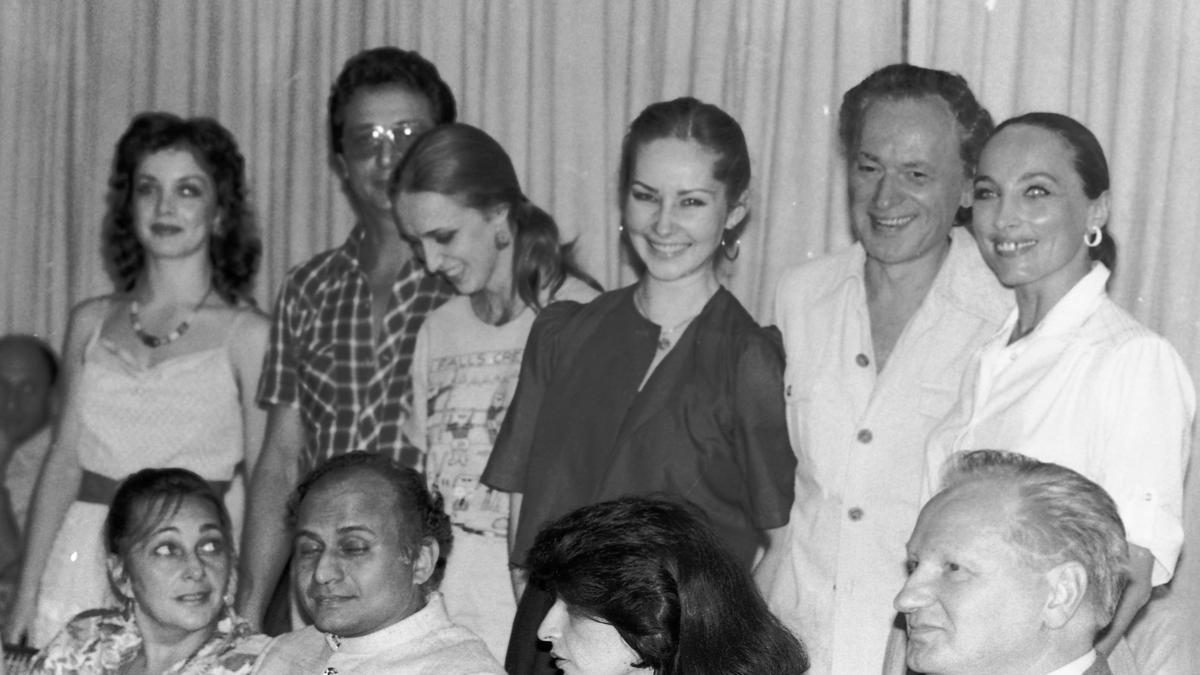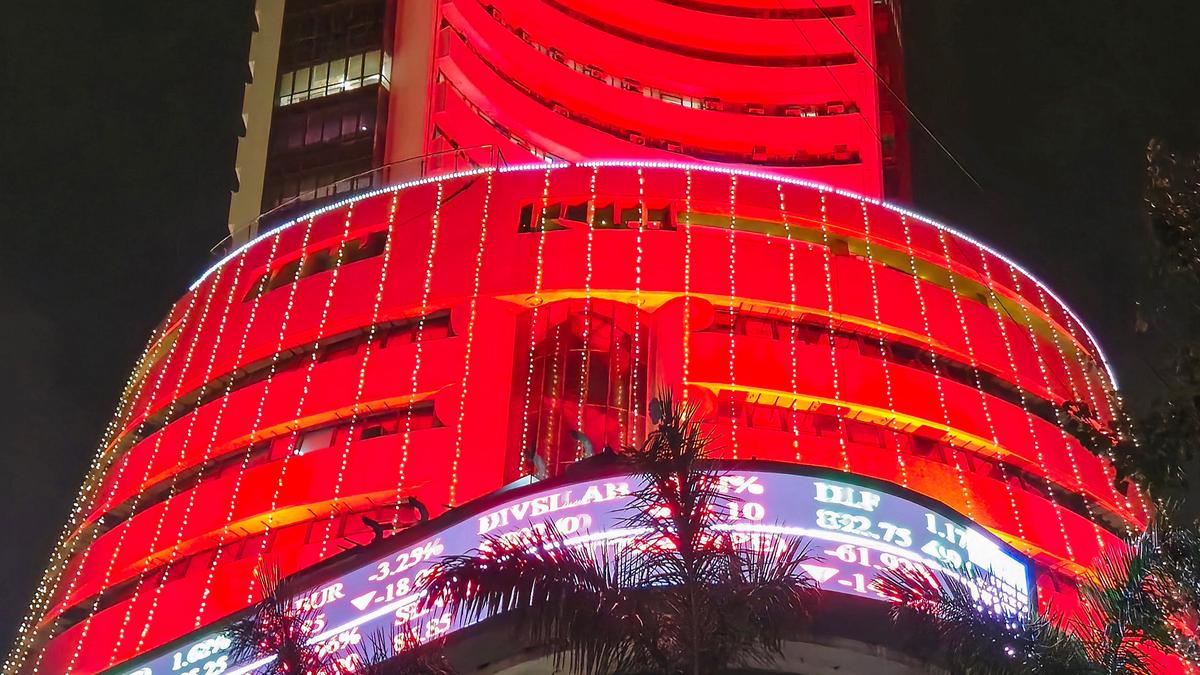In the early 1960s, steel plants in Bhilai and Bokaro were built with support from the Soviet Union. But as the steel plants took shape, the Indian government realised that the country lacked a strong community of experts in the Russian language, and literature. It was then, in early 1965, that a decision was taken by the Union government, led by the late Prime Minister Lal Bahadur Shastri, to set up an institute that would create a community of Russian-speaking scholars to serve as a bridge between Russia and India, and support long-term industrial and defence projects. That idea came to fruition as the Institute of Russian Studies in 1965. In 2025, as India-Russia relations continue to be in focus in view of the Ukraine crisis, and the institute is again in the spotlight as it turns 60.
“A few years after the Institute of Russian Studies was set up, the Jawaharlal Nehru University (JNU) was set up in 1969, and the institute became part of the JNU campus, where it came to be known as the Centre of Russian Studies (CRS),” Prof. Varyam Singh, who was among the first batch of Russian language students to join the CRS, said. After acquiring a Ph.D. in Russian literature, Prof. Singh joined the CRS as a teacher in 1972, months after the Soviet Union helped India win the war against Pakistan, thereby boosting the popularity of Russian language and culture in India.
The CRS gained enormously over the next 20 years, till the end of the Cold War. During this time, ethnic Russian teachers would secure tenure at the CRS, where they taught Russian language and literature. “This tradition of hiring Russian teachers ended with the end of the Soviet Union, when the India-USSR (the erstwhile Union of Soviet Socialist Republics) agreement to have ethnic Russian teachers at the CRS was no longer renewed,” Prof. Singh, who retired in 2013, said.
The CRS at present has 300 students and 15 faculty members.
In the early years of the CRS, Prof. Singh said, the Russian language was much sought after, and many of the students came from the Indian Foreign Service, the armed forces, the Union Ministry of Home, and other government departments. “We, the undergraduates, were often overshadowed by uniformed soldiers who would attend the course work to gain expertise in the Russian language,” Prof. Singh said.
Over the past 60 years, alumni of the CRS have spread across the domains of diplomacy, academia, defence, Intelligence, and business.
Ved Kumar Sharma, who has translated some of the timeless Russian classics, including short stories of Anton Chekhov, is among them. Mr. Sharma, who belongs to the tight-knit community of Russian language experts and academics in India, was educated by ethnic Russian teachers who used to travel every semester from Moscow and St. Petersburg to Delhi. After gaining his degrees at the CRS, Mr. Sharma joined the Ministry of Defence, where his responsibility was to translate technical documents related to various weapons systems. “These were Russian documents that often were written in technical style, and I and my teammates would have the responsibility to translate them,” Mr. Sharma said, recollecting his stint at the Defence Ministry, where he was forbidden from speaking to foreigners.
To mark the occasion, CRS alumni are coming out with a special collection in November, documenting their achievements, which will be published by the Central government.
Another notable student of the CRS, who went on to be the interpreter for several Indian Prime Ministers, from the late Prime Minister I.K. Gujral to incumbent Prime Minister Narendra Modi, was Shipra Ghose. Ms. Ghose has accompanied Mr. Modi in several of his Russian and Central Asian tours, including his Central Asia tour of July 2015.
“India always maintained good relations with Russia, but today, Indo-Russian relations are expanding in many fields — defence, space, energy, and culture, and also in the promotion of Russian language in India. The knowledge of Russian language obviously helps in strengthening India-Russia relations,” Prof. Kiran Singh Verma, Chairperson of the centre, who too was trained by Russian teachers during the Cold War era in the 1980s, said. “We are trying our best to get some of the senior Russian teachers, who worked at CRS in those years, to visit the Centre in the coming months as the CRS turns 60,” Prof. Verma, as she plans the November celebration for CRS, said.
Published – October 05, 2025 03:05 am IST



